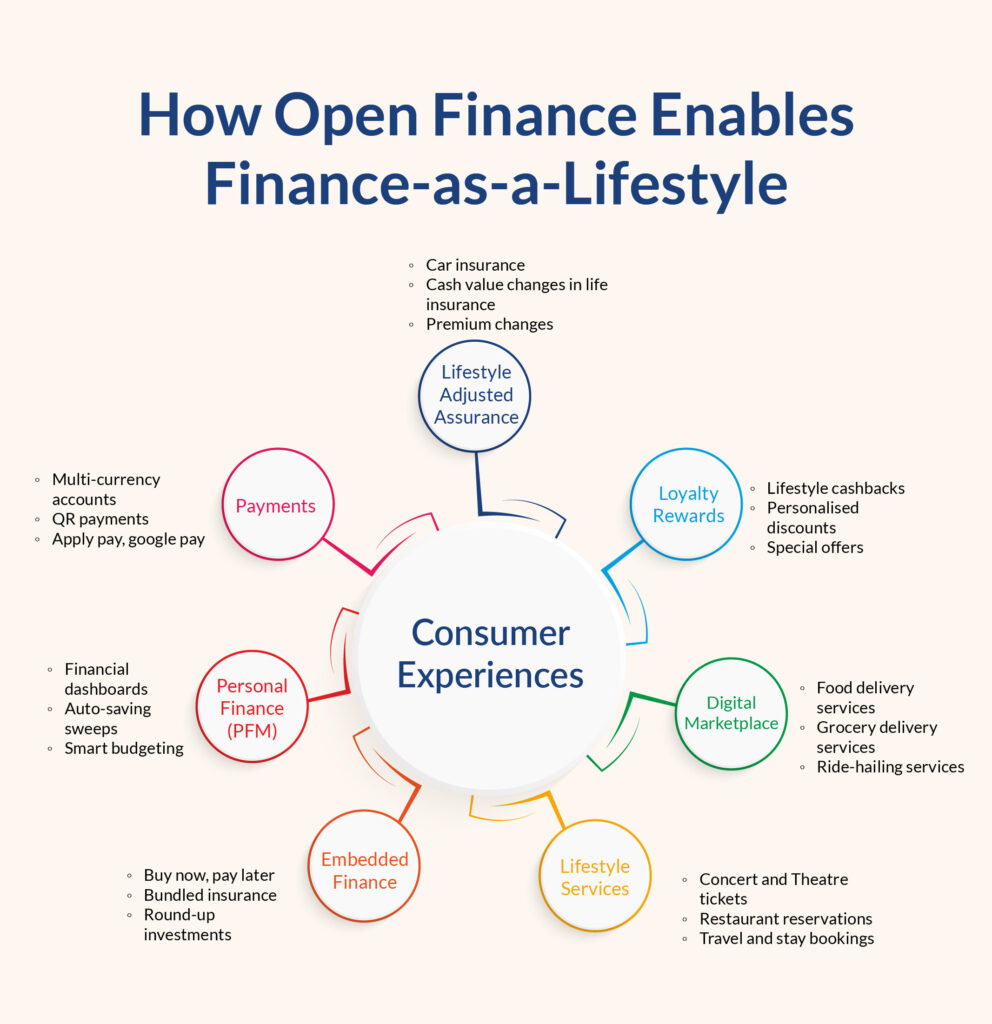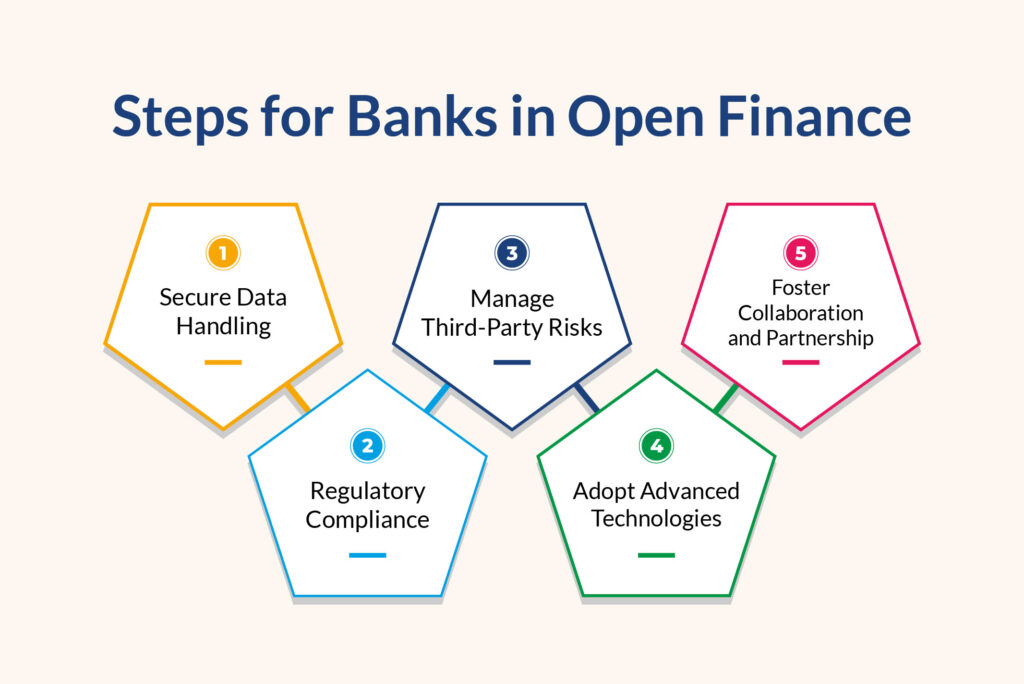Open finance is a game changer that can reimagine traditional banking with innovation and transformation. The idea may not be new to those in the industry, but its implications can drastically alter how the world handles money. Let’s explore why open finance is essential for banks and how it can change the financial industry going forward.
What is Open Finance?
Industry reports state that while 90% of those surveyed thought viewing of finances and financial data in one place would be beneficial, just 40% stated they could do so. This represents a mismatch in customer expectations and brings several issues to light. Here’s how open finance helps bridge the gap.
Open finance extends beyond open banking, which primarily looks at payments and focuses on sharing financial customer data to enable a broader range of financial services. Imagine this: all of your client’s financial information, including savings, investments, mortgages, and insurance, is available through safe channels. This is what open finance can do.
Why Should Traditional Banks Embrace Open Finance?
1. Customer-Centricity and Innovation
Traditional financial institutions have long provided front-to-back services, while operating inside a closed ecosystem. Open finance, however, forces them to work with fintech firms, resulting in a win-win scenario. Banks can offer more innovation, convenience, and transparency by integrating with other suppliers. Clients gain from easy access to a large range of financial services.
2. Aggregated Financial Data
Customers’ financial management is revolutionised by open finance. Their accounts are immediately combined in one location, including current savings, mortgages, investments, and pensions. This aggregation makes customised saving suggestions and practical budgeting guidance possible. Imagine the convenience you offer when you provide access to your customers’ comprehensive picture of their financial situation.
3. Real-Time Connectivity
Banks are required to make investments in and sustain real-time API connectivity. Open finance demands even greater connection, just as the Revised Payment Services Directive (PSD2) required secure APIs for open banking.
4. Opportunities for Collaboration
Banks and fintech startups can work together more easily thanks to open finance. Tailored financial solutions can arise to address specific customer requirements. The ecosystem gets richer and more varied with each new payment method and customised lending option that is offered.


